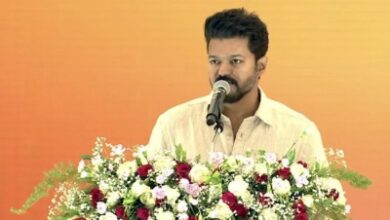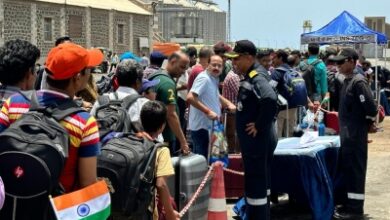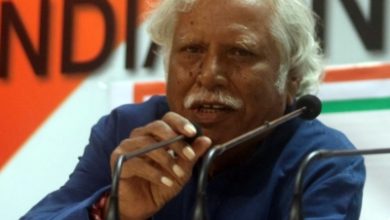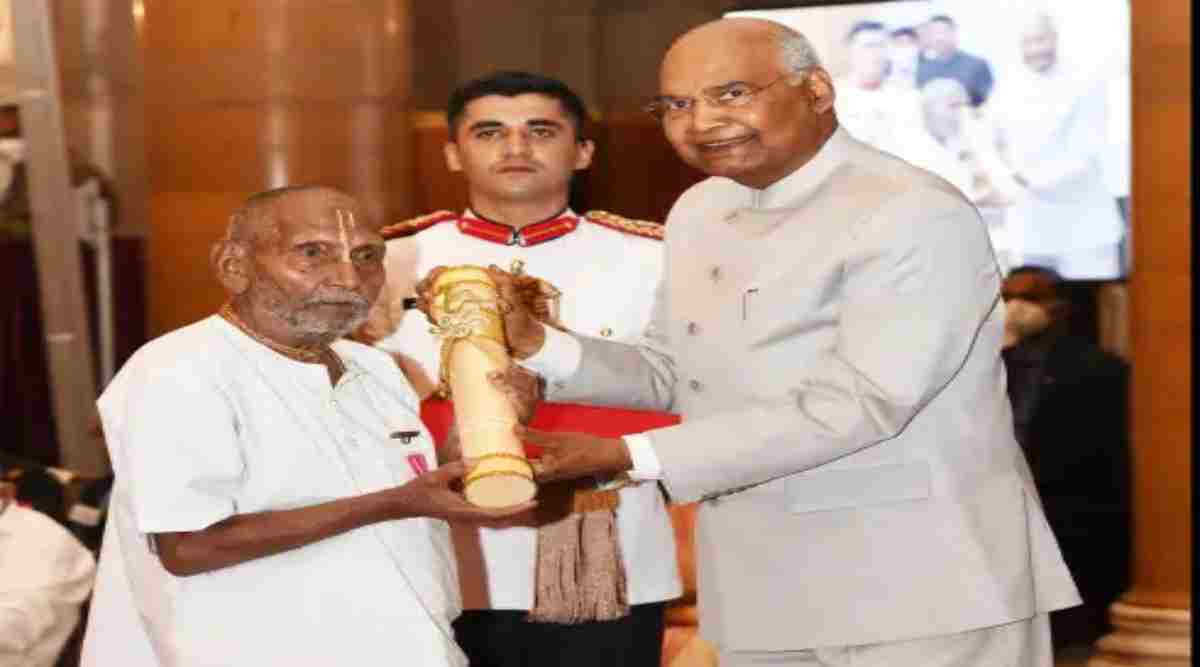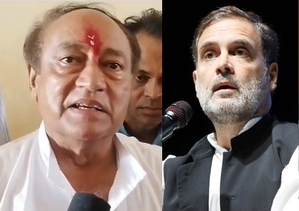
New Delhi, Sep 22: Taking a jibe at Rahul Gandhi over his statements made in the US, Congress leader Laxman Singh on Sunday reminded him that Atal Bihari Vajpayee, as the Leader of the Opposition, never criticised the country.
When asked by the media about Rahul Gandhi’s statements made abroad, Laxman Singh advised his own leader, Rahul Gandhi. He remarked, “One should not criticise India while abroad. You are the Leader of the Opposition. Even Atal Bihari Vajpayee was Leader of the Opposition, and he never criticised India, he always praised India while addressing on foreign soil”.
Laxman Singh, the younger brother of senior Congress leader Digvijaya Singh, was in Lateri, Vidisha district in Madhya Pradesh, to offer condolences following the death of a local Congress leader.
While the BJP has already been attacking Rahul Gandhi over several remarks made during his US visit, Laxman Singh’s stance has intensified the political atmosphere.
The LoP is facing relentless criticism from BJP leaders for his controversial remarks made at various events in the US.
Several BJP MPs and ministers have condemned him, accusing him of belittling India on foreign soil.
Uttar Pradesh Chief Minister Yogi Aditynath alleged that Rahul Gandhi aims to disrupt India’s unity, integrity, and social harmony, and to push the country towards a civil war. He also condemned the Congress leader’s efforts to “sow seeds of division” in the nation and sought his apologies to the citizens of the country.
Delhi BJP OBC Morcha on Friday protested outside the Congress headquarters here over Rahul Gandhi’s remarks made in the US regarding reservations and demanded the LoP to resign.
Rahul Gandhi also faced a strong backlash over his comments on the Sikh community in the US. He later defended his remarks and accused the BJP of manipulating his statement for certain political motives.
–IANS



